If Encryption is an online RPG game, how do you choose a career and fight monsters to upgrade?

Reprinted from panewslab
01/11/2025·1MAuthor: jez
Compiled by: Deep Wave TechFlow
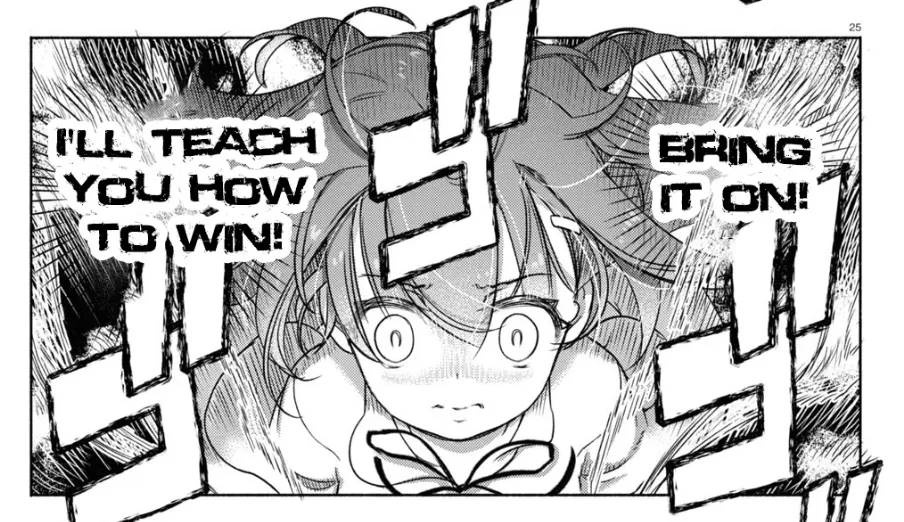
Traditional finance (tardfi) has decades of experience and a complete regulatory system. Although these "investor protection" mechanisms are often ridiculed, they can indeed effectively reduce risks. In comparison, the cryptocurrency space is like the Wild West, a relatively niche arena that relearns the rules of traditional finance through bloody lessons. In this environment, competition is uneven, and some people understand the "hidden rules" better than others.
The purpose of this guide is to share these lessons learned through experience. Unfortunately, those who need this advice the most are probably watching funny videos on YouTube or following lilmoonlambo instead of reading my articles here (that’s what guide writers always think). However, I hope you, as an informed reader, will find some of it helpful.
I liken crypto to an MMO because it really has a lot of similarities: health, levels, online friends, PvP, PvE, a bustling town There is also an economic system in the square - but the "gold coins" here are more valuable than the gold coins in "World of Warcraft". This is the genesis of the “monetized metaverse”.
The following are ranked in order of potential impact on your investment results (if you haven’t already implemented or understood them).
Teamwork: Don’t be a lone wolf
Many people who enter the crypto world are contrarian thinkers by nature, or prefer to work alone. After all, it takes a lot of courage to ignore the dissuasion of family and friends (if they know it). Moreover, once you taste a little bit of the sweetness of success, it is easier to feel that you are "unique in the world." "I just need to listen to the voice of the market!" -said the typical Lone Ranger.

But I want to tell you, give up this "lone wolf mentality"! The market lags behind and will only tell you where you went wrong after you make a mistake, and the crypto industry changes so fast that there is no time for you to learn lessons slowly.
You need to find a group of good teammates and work together. These teammates should be "workers" with high moral standards, hard work, and like-mindedness. The most important quality is resilience - make friends with people who feel bad about making mistakes and take quick action, and stay away from people who just "soothe themselves." A high-trust chat group can cover a wider area than you can alone, and can quickly tell you what is right and what is wrong. The most helpful feedback is often blunt, perhaps even harsh—but even when it's cold, it's feedback.
If you can’t find a team, rethink your “value proposition.” Generally speaking, unless you meet and make friends offline, invitations to join the team are usually based on "what value you can bring" and "whether you are gregarious". The best teams are made up of strong individuals - build up your abilities and reputation until you're an equal in the team you want, rather than a "handout" to join.
Here are some of the “god teammates” types around me:
- Mentor: Someone who provides you with valuable experience in the early stages, like the one I am writing this guide with.
- Partners: At critical moments, we spend 10 hours a day together, chatting 2,000 messages and making plans.
- Signaler: A discerning partner who can help you distinguish which ideas are reliable and which are just "brainstorms."
- Prospector: A bolder partner, responsible for discovering new opportunities for everyone to sift through.
- Wizard: a technical master who solves various technical problems.
- Expert: An advisor who provides professional advice in a specific situation.
Many people think that so-called "secret organizations" are some mysterious cabal groups, but in fact they are often just chat groups composed of friends. They grew up together and now have a certain amount of influence.
The Importance of “Home Base”
Not all group chats are created equal. There’s a special group chat called a “home base” that’s the first place you log in to every day, the first place you reply to messages, and most importantly, the first place you share information.
When you’re deciding whether to invite someone to your high-trust group chat (to increase team effectiveness), here’s a counter-intuitive tip: Try to avoid inviting high-profile accounts, as they tend to already have their own “home base.” ". On the contrary, those "newcomers" who are still full of motivation and do not have a fixed team are the most worthy of consideration.
risk of complacency
Every group chat has its life cycle.
In its heyday, most people in group chats were filled with passion and desire. This motivation often comes from new, smart people who are not yet successful but appear to have a bright future.
Over time, however, group chats inevitably become complacent. As members gradually reach higher levels, the pace of the "game" becomes slower and more methodical. The content of daily discussions has decreased, and the topics have begun to shift to areas such as life and politics.
If you want to stay at the forefront of your industry, make friends with emerging and promising people and join group chats with those who are still "hungry". Think about the passion and desire you had when you first started in the industry and immerse yourself in that atmosphere again.
Choose a career and find your strengths
For long-term success in this field, you must develop real strengths. Simply buying a token that will rise during a bull market is not an advantage – but being able to recognize the signs of a bull market is key. Joining a group chat that teaches you step-by-step may provide you with short-term benefits, but this advantage often wears off quickly. Being able to make money continuously and stably in a certain professional field is the real advantage.
Different strategies suit different personalities. If you are a patient and risk-averse player, you should not enter the high-risk arena of "pump.fun"; similarly, if you are a naturally adventurous person, it will be difficult to persist in the field of liquidity mining for too long , as you can quickly become distracted by other things.
Here are some breakdowns of successful skills based on different risk appetites.
DPS - Trader
This type of player focuses on directional trading and pursues high-risk, high-reward opportunities. Those success stories often mask the losses of most people. To become a DPS main, you need to have a high risk tolerance, excellent risk management skills, strong mental toughness, and the ability to maintain fighting spirit in the face of failure.

trench warriors
Shitcoin traders are one of the most diverse professions of all—the worst performers (or even average ones) are terrible, while the top performers are very good. Players like req and nbs can make full use of the information resources on the chain. If you consider yourself a “junkcoin trader” but haven’t mastered your own on-chain analysis tools, you still have a lot of room for improvement. In my opinion, this is the only true alpha in this field.
Although trading grunge coins is a popular entry-level option due to low capital requirements and high potential returns, this style is difficult to scale to higher levels. The problem is liquidity - newly issued coins are very illiquid, resulting in increased slippage if you try to trade with larger capital sizes. In fact, buying too many coins can even cause the price of the coin to collapse because you need to bear more distribution pressure. Spamcoin trading also cannot scale horizontally by increasing transaction volume or number of transactions because the failure rate is too high.
Those who have successfully emerged from the junkcoin market are advised not to look back unless there are special circumstances or you have a real advantage in it.
Hunter of quality new things
The core of the strategy of "hunting for high-quality new things" is to find a new token with strong fundamental logic, enter the market as early as possible, and enjoy the subsequent appreciation process. Unlike those "trench warriors" whose holding periods are measured in days or even hours, this strategy is based on fundamental logic and usually takes weeks to months to see results. Of course, ideally the market would quickly buy into this logic. This is also my personal favorite style because it doesn't rely on "luck" and is more repeatable. The ideal operating range is: buy when the market value of Token is between 50 million and 100 million US dollars, and exit when the market value is about 1 billion US dollars. This strategy can be easily scaled to higher investment sizes.
Why choose something new?
The core logic here is "the market hasn't priced this thing correctly yet, it should be worth more." It is easier to achieve this with new things than with old things, mainly for the following two reasons:
Time factor: The market prices new things for a short period of time, so their value has not yet been fully reflected.
Capital flow: There are fewer existing holders of new things and more potential buyers, so there is more room for capital inflow.
Of course, this doesn’t mean it has to be a completely new Token. Some old tokens may also become opportunities if they have a clear transformation direction, but they may be a little difficult to develop due to the resistance of existing supply.
How do you find great new stuff? The answer is "you'll know it when you see it". But if you don’t know where to start, here are some tips:
Is it novel enough?
This is the most important criterion. First movers often gain momentum beyond expectations and their risk/reward ratio is very high. A brand-new trend often sparks new discussions about the industry, and all attention eventually returns to the original thing.
Does it have a flywheel effect?
The flywheel effect refers to a self-reinforcing cycle. For example, Shitcoin naturally has a flywheel effect—as the price rises, holders become richer, more excited, and tell more friends, thus forming a positive feedback loop. Other flywheel effects can be more complex, such as the Bonding Curve, which effectively kickstarts project activity through deterministic early participation and guaranteed revenue incentives.
Are there barriers to entry?
The entry barrier (onboarding friction) is an important part of verifying investment logic. If there are absolutely no barriers to entry, you need to ask yourself: Why was I so lucky to buy at such a low price? Maybe the current price is already reasonable. At the same time, the existence of barriers to entry also means that there may be opportunities to lower barriers to entry in the future. For example, Rollbit's migration from Solana to Ethereum, the expansion of the ultra-liquid spot ecosystem, and even the launch of Bitcoin ETFs are all typical examples of lowering barriers to entry. Lowering barriers to entry tends to attract more capital into the market, and those who put in the effort early often benefit from this.
Meme priest
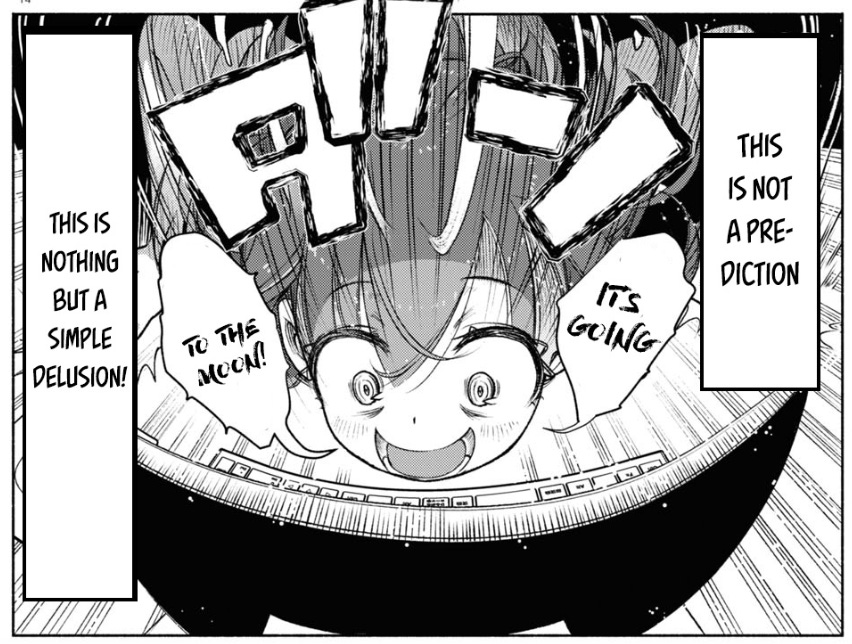
If "Gem Hunter" relies on fundamentals for support, then Meme Priest completely abandons these boring things. Meme pastors are NFT traders in this cycle. They intuitively capture market sentiment and look for Alpha. Just like NFT investing, buying and then “laying it off” is often the best strategy—until it doesn’t work anymore.
However, this path requires great faith support. You have to be able to withstand the pressure of market pullbacks while also accepting the negative emotions that such pullbacks can bring. The best memetic priests can even change the odds of success through their own actions. For example, baproll and spx6900, or dbl and fartcoin are typical examples.

From another perspective, Bitcoin can also be regarded as a huge meme on a larger level. When I looked back on my investment experience, I found that if I "lay flat" and did not operate every time I bought Meme, my returns would often exceed those of "active investment" operations. I was wondering if this strategy would work for you as well? Maybe this is a question worth thinking about.
Leverage Wizard
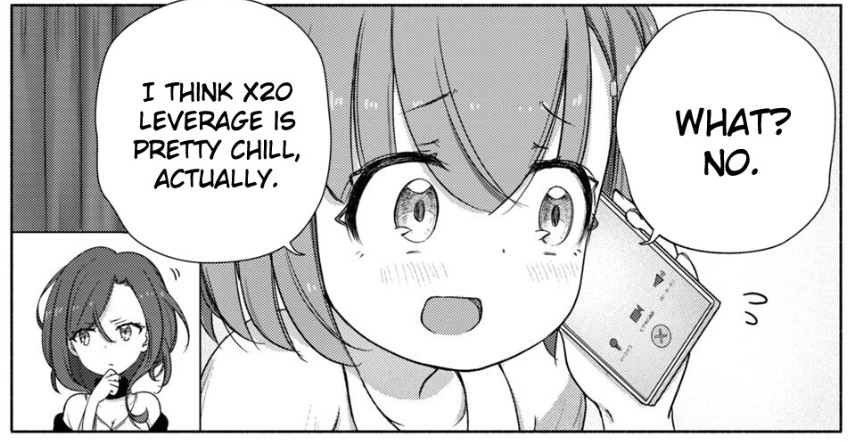
Leveraged traders have the highest risk of failure of all trading categories. Their behavior is sometimes indistinguishable from that of "problem gamblers." According to experience, the problems with most leveraged traders are: using too high leverage, holding losing positions for a long time, and trading frequently. I once joked: "There are no successful leveraged traders in this world, only those who have not yet blown up their positions."
Leveraged trading seems simple, but there are always several opportunities every year that make you think it is "easy". For example, the Bitcoin ETF is approved or some major events. At other times, however, leverage trading is more like a brutal PvP battlefield. Even if profitable, the returns from leveraged trading are often far less than those from simple asymmetric spot investment opportunities.
If you are considering choosing this category, I would strongly advise against it.
Farmers - Tanks and human shields
Tank players are virtually indestructible (barring smart contract risks). Their losses are small, but their gains are capped at a fixed level. The tank-style play is particularly suitable for investors who are very patient, risk-averse, or have limited time.
Stablecoin staking players
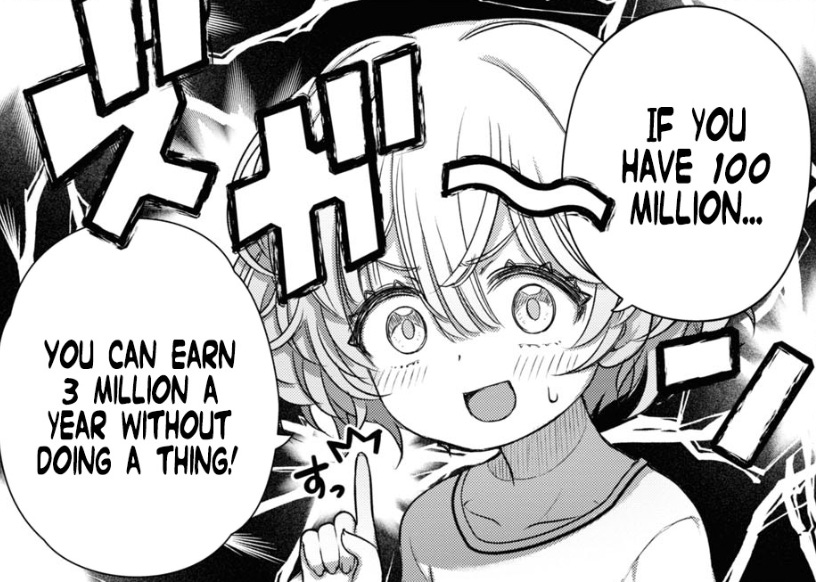
By providing liquidity to users or projects, they can earn stable income. At present, there are mainly the following sources of income:
Funding Rate Transaction
When market demand is strong (such as when Bitcoin reaches all-time highs), the demand for margin trading will be very strong, pushing up the funding rate (the annualized interest rate paid by longs to shorts). On major currencies (such as Bitcoin, Ethereum), this fee sometimes exceeds 20% and penetrates into the on-chain stablecoin market.
RWA benefits
Treasury bonds are currently the most common and most liquid RWA that have been successfully introduced into the crypto space. In contrast, real estate and other forms of real world asset returns are not something I recommend due to their illiquidity and high risk.
Token incentive income
Issuing token rewards to users who provide funds is a major innovation in the DeFi field. Although incentives are more complex today, there are still opportunities for surprises. This is a true “player versus environment” (PvE) model, as projects are happy to exchange the tokens they print for liquidity.
In addition, "market-making liquidity providers" are an emerging role in this cycle, with high and stable returns. For example, the GMX liquidity pool, as well as projects such as Jupiter and Hyperliquid, are good choices.
Sybil/Wash Strategy
For those heavily involved in crypto projects, this strategy currently offers the best risk/reward ratio, as it typically requires only a small investment. The core idea is to participate in a new protocol (whether as a user or contributing transaction volume), as long as the expected rewards exceed the costs. However, this approach is gradually losing its effectiveness, as more and more projects have realized that this "farmer" is extractive and have begun to adopt linearly designed reward mechanisms to curb this behavior.
The essence of this approach lies in the implicit consensus that projects need certain key indicators (such as number of users, total lock-up value TVL and transaction volume) to increase valuation and attract new users. Unlike those users who provide actual liquidity support, Sybil/Wash (i.e. users who fake identities or fake transactions) only create a false prosperity. Even so, there are still many projects willing to pay with their own issued tokens just to display a beautiful data dashboard on Dune Analytics.
The most aggressive actions I've heard of are often programmatic and have been a battle of wits with the detection mechanisms. For example, once I heard that there was an automated operating system composed of 12,000 robots in a certain project, I decided never to touch zkSync again.
If you want to actually try this approach, a good idea is: when you find a new project with potential, you can use a few of the accounts you normally use to interact with it.
Support Players - Other Categories
These styles are neither trading nor staking mining, but they are unique enough to be considered a separate category.
Insider
There are many types of insiders, some are helpful to the development of the project, and some may be malicious. But regardless, being an insider is a privilege and exposes them to much less risk than the average investor.
So, what’s the difference between investing insiders and seed round insiders? Often the difference is project quality – In the past, venture capital could serve as a signal of project quality, but this standard is changing.
In fact, most project founders are more willing to accept direct messages (DMs) than you might think, especially in the early stages of a project. For example, NBS's pre-sale strategy: wait until the pre-sale is almost over before participating, and send private messages to developers at the same time. This is also a reflection of an internal strategy.
Builder
If you are a builder, my only advice is: stop reading this article and get back to building! Maybe this article will help you understand user personas better, but nothing is more important than constantly iterating and finding product market fit (PMF). Think about the best builders you know – are they reading this?
Onchain Rogue
There are many underexplored opportunities in the blockchain space that those with the technical skills, curiosity, and energy can delve into and profit from. For example, Sniping, Sandwiching, Randomness Exploits, etc. These edge cases are waiting for those who are interested to discover and exploit them.
Leveling Guide
When trying to level up, you need to know whether you are in "speedrunning mode" or "hardcore mode."
Speed Run: This mode allows you to restart after failure. It is similar to "Hypergambling" and is suitable for people with other sources of income, or students with high earning potential in the future. Speedrunning allows for more risk taking because there is less fear of failure.
Hardcore Run: This mode has a lower tolerance for failure. For example, if your funds are life savings, or you live in an area with poor economic conditions, or even need to support dependents, then you cannot bear the risk of your funds returning to zero. This is a hard-core model.
Asset stage of four digits and below
If you already have a job or are in school, you can skip to the next section.
At this stage, your time should be better spent earning fiat currency - a minimum wage job is equivalent to an annualized rate of return (APR) of 150%. And I believe you, dear reader, can do more.
In fact, with a portfolio of this size, you won't get enough returns to justify investing a lot of time. The only exception is the Sybil airdrop, but this does not require full-time commitment. Opportunities for 10x returns are rare and should be reserved for higher asset levels.
If you live in an area where employment opportunities are scarce, try joining an agreement to serve as a community manager or other role they require. The easiest way is to become a member of the community as the protocol grows so that when they need to recruit, you are already a core member of the community.
Five Figure Hell - Focus on growing fiat income
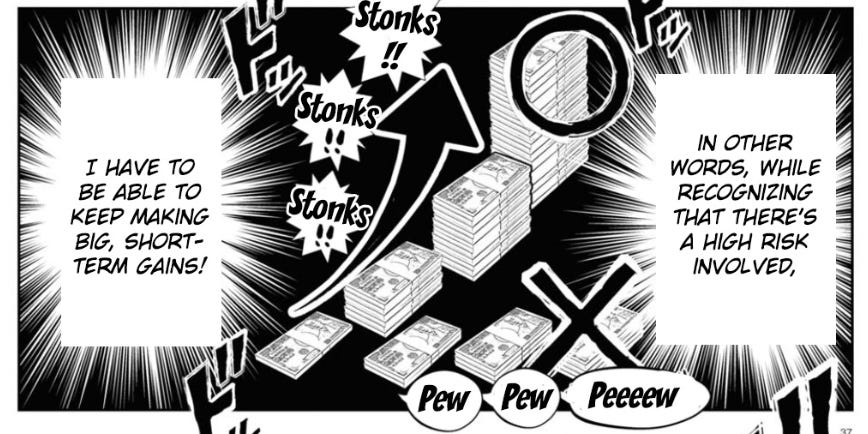
Welcome to the trench stage. At this stage, every dollar is as valuable as ammunition on the battlefield—they’re there to help you find that 10x return opportunity.
Many people try to become a "trench warrior" without really mastering the skills required, or take the risk of becoming a "lever wizard." These people often get stuck in five-figure hell until a bull market pulls them out—and then fall right back down again.
However, I have found that investors who hold MemeCoin for a long time or are good at discovering "good new things" can often successfully break through. Their strategy is simple: buy and hold spot assets with determination.
Whether you choose the hardcore mode or not, Sybil airdrops are a low-cost way to participate. All it takes is one big, non-linear airdrop opportunity to graduate from this stage.
Six Figure Hell - Looking for 10x Returns

Find the sweet spot. When your capital reaches a certain size, you can easily seize an opportunity of 10 times earnings without having to worry too much about excessive capital or slippage. As mentioned in the "New Opportunity Hunters" section, the ideal investment opportunity usually grows from a market cap of $50 million or $100 million to a scale of $1 billion.
I've personally escaped six-figure hell four times and have been lucky enough to never fall back. The strategy is the same every time:
- Keep an eye out for new opportunities: Always keep an eye out for potential new projects or trends in the market.
- Test your hypothesis in a small way: Invest a small amount of money first to test whether your investment hypothesis holds true.
- Heavy position and firm holding: After confirming the hypothesis, invest most of the funds and wait patiently for the verification of the strategy.
- Take profits when the market is hot: When you find that everyone in the market is talking about this project, it is a good time for you to take profits and exit.
Looking back at each successful experience, there is one thing in common: I bet on Exchange Token. After all, speculation has always been the most lethal product-market fit in the cryptocurrency market.
Seven Figure Hell - Look for a few 2-3x returns
When funding reaches seven figures, finding some 2-3x opportunities is the key to getting out of trouble. The overall strategy is similar to the six-figure stage, it just requires more patience and repetition. However, as the size of funds increases, so does the operational difficulty, especially maintaining flexibility amid market fluctuations.
At this time, the biggest problem is how to allocate funds. You may find that certain projects don't have enough liquidity to support the size of investment you want. This forces you to diversify your investments. At the six-figure stage, you can focus all your money on the best ideas; at the seven-figure stage, that's often no longer realistic.
When there are no new opportunities that are attractive enough on the market, temporarily parking funds in stablecoin liquidity mining (Stable Farms) is a good option. This approach provides stable returns while giving you time to wait for better investment opportunities. Patience is particularly important at this stage.
Additionally, between the different “good new things”, parking capital in stablecoin farming becomes more attractive. At this stage, patience is particularly important.
Eight digits and above
At this stage, what else needs to be said? The only thing anyone who reaches this level needs to remember is: "Don't mess up."
Don't stand in the fire pit
Avoid these common mistakes.
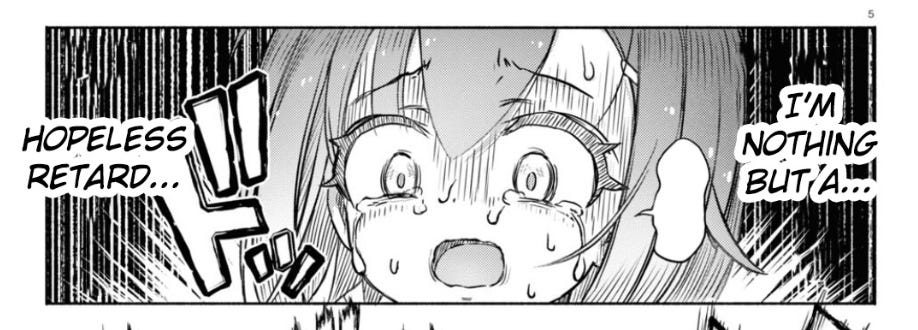
Avoid trading when your emotions are out of control
Learn to recognize your own emotional changes. When you feel that you are starting to lose control, sell your position decisively and leave the market temporarily. Chasing losses never brings good results, and it is wise to calm down.
Avoid making random bets after winning big
After making big profits, it is often easy to make stupid losses due to overconfidence. I call this situation "euphoria trades." No matter what kind of victory you have just experienced, you must always maintain rigor in the trading process and avoid being swayed by emotions.
Avoid cash cycle
When trading, always ask yourself a question: "Who is left to buy?" The essence of the market is the flow of funds, not static. Sometimes, an asset looks safe just because everyone is holding it, but that doesn't mean it's really risk-free.
Forget floating P&L and all-time highs
Dwelling on past mistakes will only waste your energy. Being obsessed with these things will confuse your thinking and affect your next decision-making. Let go of the past and focus on future opportunities.
“Inside information often makes people lose the most” -cl207
When hearing so-called "insider information," carefully evaluate where you are in the chain of information. The further away you are from the source of the information, the more likely you are to be the “catcher” providing liquidity to those who need to exit.
Don’t add to your position when you’re losing money
"Losers only add to failed investments." This is a common mistake in the market. If the market has clearly told you that your judgment is wrong, then do not continue to add positions without good reasons.
The old currency is not good, the new currency is more fragrant
New projects often have greater growth potential, while older projects may have lost their appeal. Regarding this, you can refer to my previous detailed analysis on capital flows.
Traits of the best players in the game - David Sirlin
David Sirlin is a competitive fighting game champion who wrote a book called Playing to Win where he shares his strategies and insights. This content may be familiar to anyone who has competed at a high level. But the traits he summarized for successful players also apply to investors in the crypto space. These qualities include:
- Have a deep understanding of the market: Understanding historical trends and precedents can help you predict future market changes.
- Love the market: You must love this "game" before you are willing to invest enough time and energy to win.
- Mental Toughness: This market will take you through numerous crashes, but you need to persevere.
- Correct mentality: When encountering loss or misfortune, do you choose to face it calmly or complain angrily?
- Technical skills: Do you have unique skills or strengths?
- Adaptability: Can you flexibly apply your strengths to new circumstances or rules?
- Yomi (Predictive Power): Can you accurately predict the behavior of other market participants?
- Appraisal skills: Can you judge the value and potential of something relatively?
